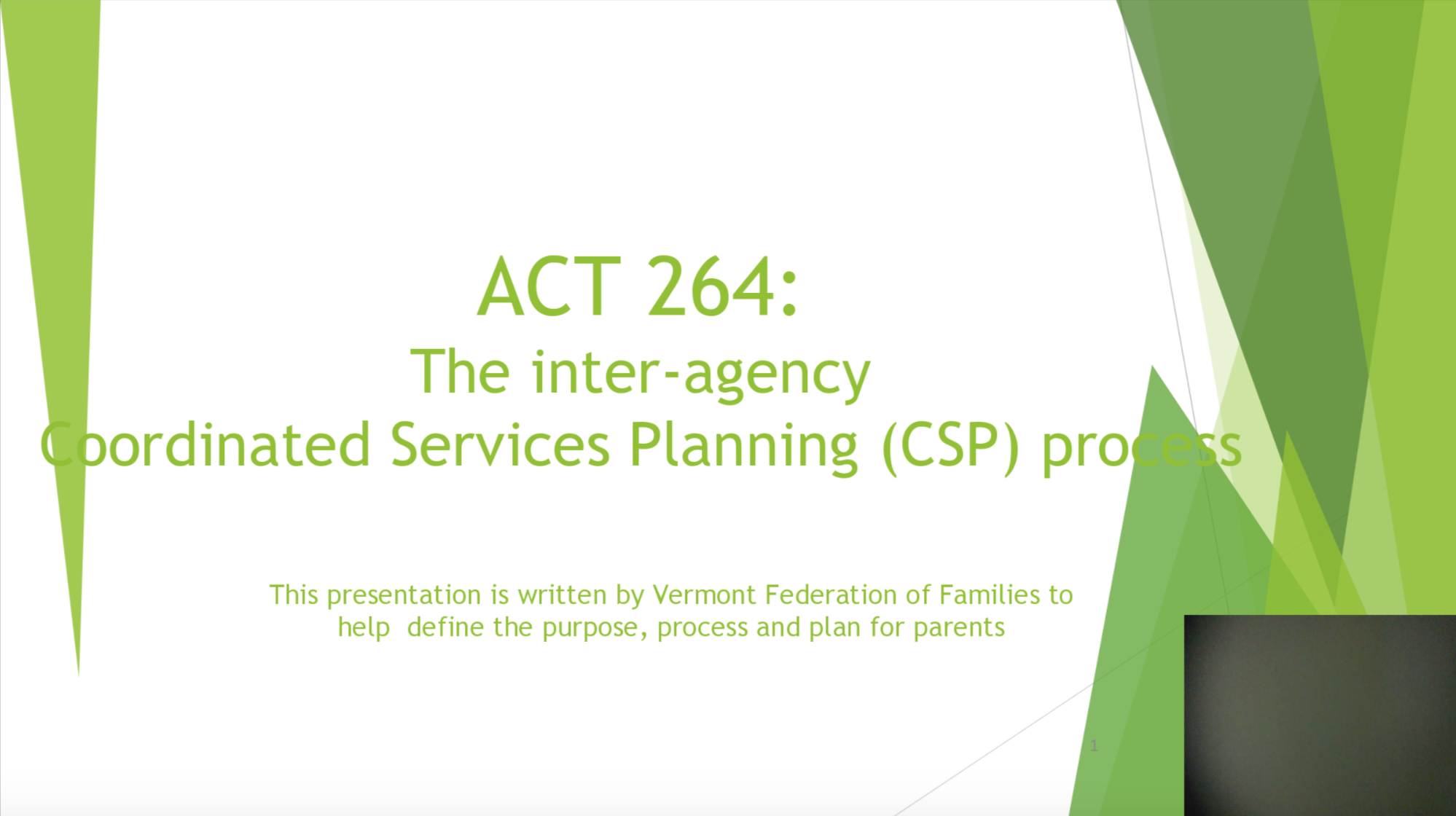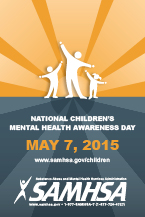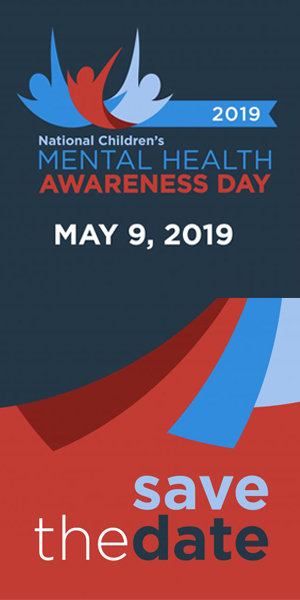Your Story
Training/Learning Calendar
Connect With Us
Subscribe to our email newsletter
Upcoming Events
No upcoming events scheduled...
Why should I tell my story?
Your story has the power to make a difference/change in the way people think, to change the minds of those opposed– or neutral– to your point of view, and to enlarge hearts and minds to understand how they can make a difference.
Telling a personal story makes a human statement about you and what’s important to you. Storytelling enables people to connect with other people. It has the unique ability to grab someone’s attention; connect to what they feel is important; and link that feeling to whatever you want them to see, do, or feel.
For thousands of years, people have been using stories to convey, inspire, provide insight, and communicate meaning and purpose. Storytelling has the power to break through the noise of daily life and create visual and memorable impressions for your listeners.
Storytelling tips
It is important to have a prepared, well-thought-out story to make appropriate, necessary connections with your listeners.
1. There should be a beginning, middle, and end to your story.
- Beginning: Who are you? Who is your child? What is working?
- Middle: Problem, what isn’t working? Define the problem clearly, give some examples. Solution, what you think will help?
- End: Say thanks, and ask: Will they agree to try to solve the problem? Do they need more information? Are they not willing to work on solving the problem?
2. Keep it focused and have a point.
3. Avoid generalities.
Describe what happened, even reconstructing dialog if possible. Use images that people can identify with and describe the places, sounds, and sight in order to draw them into the experience.
4. Paint the picture.
5. Keep it concise and organized.
It is helpful and can be important to think through what you want to say before hand.
6. Practice out loud.
Who should I tell my story too?
There are many ways to share your story to benefit yourself and others. Many times just preparing your story, gives you alone time with some reflective and healing time. Find the right audience. Ask yourself “Who makes decisions in this “system”? “Who has the power to support the changes I want to see? ”
You can tell your personal story by calling, writing letters & emails, personal meetings, legislative testimony or speaking at public hearings.
Other ways to share your story
- State Elective Officials
- Federal Elected Officials
- Share your story to an advocate and give permission for them share it
- Join a focus or support group
- Write a letter to a publication using your story to make a point











